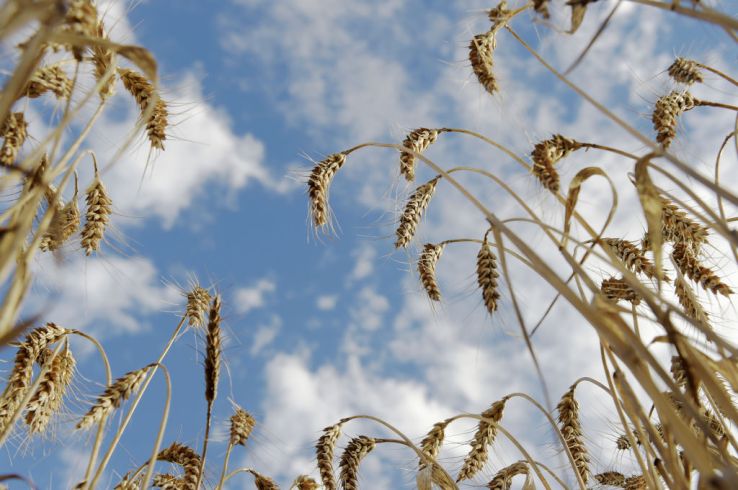SparkLabs Group launches an agricultural tech accelerator called Cultiv8 in Australia

SparkLabs Group, which claims to be the largest startup accelerator group in Asia, is stepping into agricultural tech with a new program created in partnership with the New South Wales Department of Primary Industries. Called SparkLabs Cultiv8 and based in Orange, Australia, the accelerator will start in the second quarter of 2018.
Each intake will participate for eight months and include between eight to 12 startups. They will work out of Gate (Global Ag-Tech Ecosystem), a new facility founded by SparkLabs and the NSW Department of Primary Industries, and have access to the latter’s research labs and farms in Orange, which is a three-hour drive outside of Sydney, for prototyping. Companies can also potentially receive up to AUD $100,000 (about $80,000) in investment.
“It’s not about a co-working space in a city, it’s providing real access to top facilities that are important for a ag-tech/sustainability startup,” says Cultiv8 partner Jonathon Quigley.
With the launch of Cultiv8, SparkLabs will have accelerator programs in South Korea, Taiwan, China, Hong Kong and Australia. One benefit of working in Australia is that the country’s agricultural industry already exports billions of dollars in products to Asia. The total amount is expected to double by 2050, giving ag-tech startups a chance to learn many practical lessons about scaling up.
While agricultural and food tech have recently gained more attention from investors, hitting a record level of funding in 2015, Quigley believes it is still early in the investment cycle. As the Internet of Things becomes less costly, he says more startups will be able to deploy hardware and software analytic platforms to help growers manage resources, reduce waste and maximize their crop yields.
Quigley says Cultiv8 will seek startups with intellectual property that can potentially have a large impact on agricultural tech and scale quickly with the right hires.
“The ag-tech sector is at a similar stage to where AI was in 2009, it is early and just starting to grow,” Quigley says. “Then Siri was bought by Apple and it exploded. There is a tremendous amount of talent in the ag-tech sector that is looking to start companies, join startups and invest in them. We will be primarily looking for founders that have the ability to bring that talent into their companies and disrupt the agricultural industry.”
Featured Image: Bloomberg/Getty Images